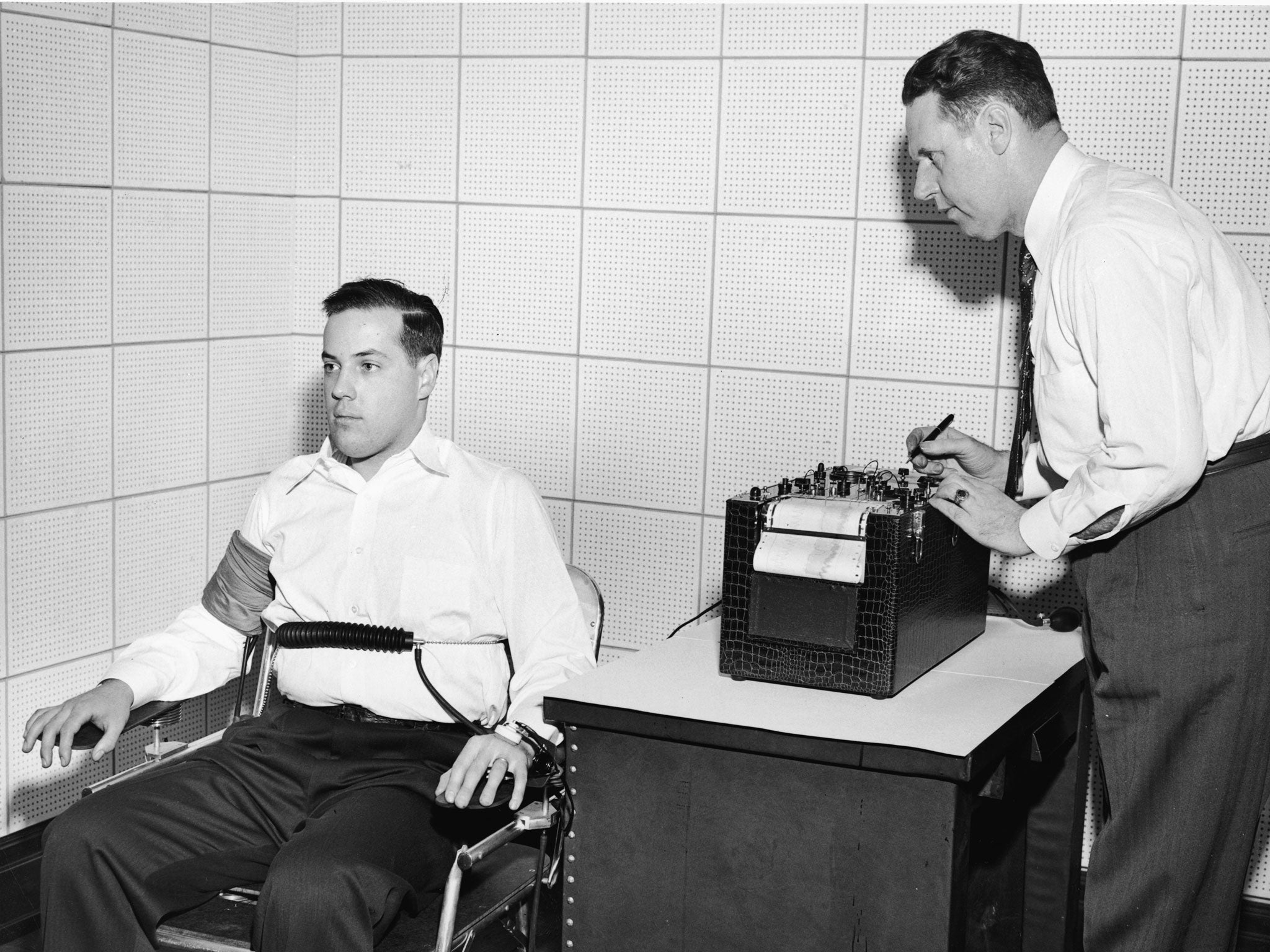Councils spend millions on controversial 'pseudo-science' lie-detector tests to help catch benefit frauds

Your support helps us to tell the story
From reproductive rights to climate change to Big Tech, The Independent is on the ground when the story is developing. Whether it's investigating the financials of Elon Musk's pro-Trump PAC or producing our latest documentary, 'The A Word', which shines a light on the American women fighting for reproductive rights, we know how important it is to parse out the facts from the messaging.
At such a critical moment in US history, we need reporters on the ground. Your donation allows us to keep sending journalists to speak to both sides of the story.
The Independent is trusted by Americans across the entire political spectrum. And unlike many other quality news outlets, we choose not to lock Americans out of our reporting and analysis with paywalls. We believe quality journalism should be available to everyone, paid for by those who can afford it.
Your support makes all the difference.Councils are spending millions of pounds on controversial lie-detector tests to catch benefit fraudsters, despite the system being dismissed by one expert as “closer to astrology than science”, according to a report.
Freedom of Information requests revealed that 24 councils had used or were thinking about using “voice risk analysis” (VRA) software, which is designed to spot signs of stress as people talk during phone calls.
In 2008, the Government offered £1.5 million to local authorities to help pay for the VRA system following an initial pilot scheme, but stopped supporting it in 2010.
False Economy, a trade union-funded campaign group, obtained the figures after submitting FoI requests to more than 200 local authorities. Councils have used it to try to catch people falsely claiming the 25 per cent discount on housing tax for single people.
“It says a lot about council outsourcing – and the benefits-bashing agenda – that this pseudo-scientific gimmick is now making its way in through the back door,” the group told The Guardian, describing VRA as “technological snake oil”.
And Swedish researcher Francisco Lacerda - co-author of a paper in the International Journal of Speech, Language and Law, which concluded there was no evidence the software works - said: “From the output it generates, this analysis is closer to astrology than science.”
He added he was surprised it was still being used because of the “very good work done by the DWP in the UK showing it did not work”.
Peter Fleming, who chairs the Local Government Association’s improvement board, said the system was used “as part of a wider range of methods to identify cases which may need closer scrutiny” and would not be used as the sole basis for prosecution.
And Capita, the firm behind the system, said: “The selective use of VRA technology is a useful additional tool in the validation process of identifying potentially fraudulent claims for single person discount".
It was only used in cases that are “deemed high-risk, when earlier stages of the review have indicated that more than one person may be living at the property,” the company added.
Join our commenting forum
Join thought-provoking conversations, follow other Independent readers and see their replies
Comments